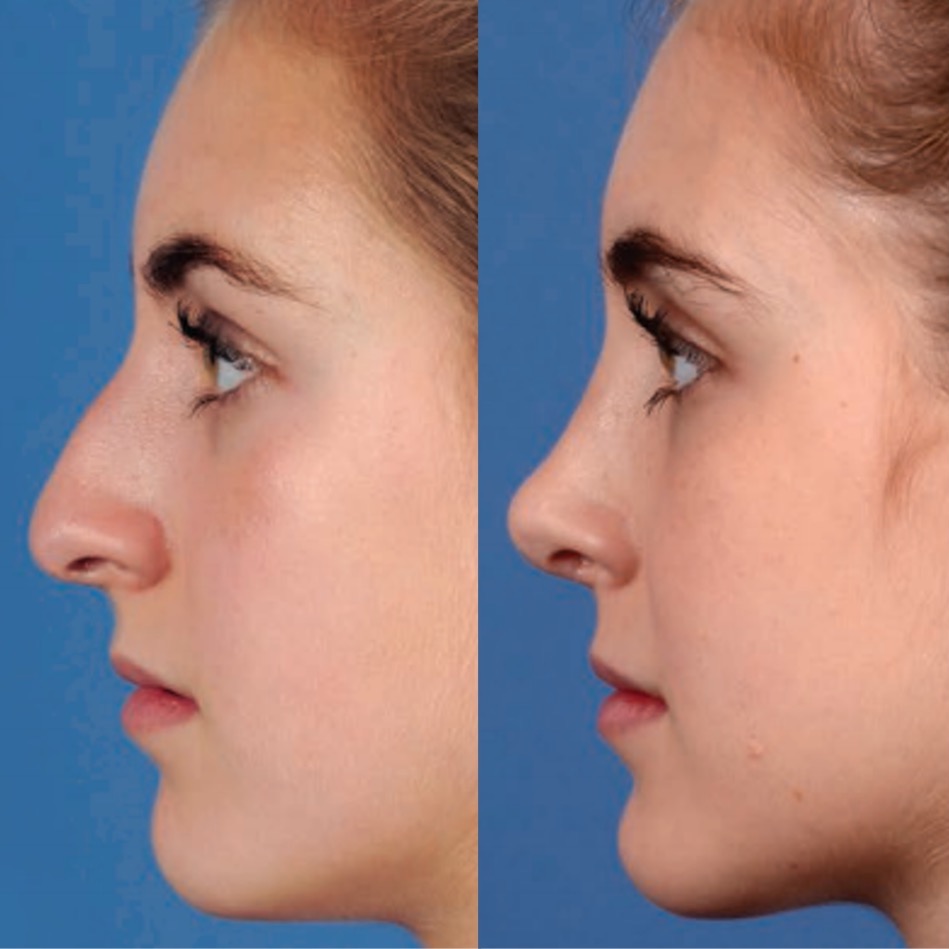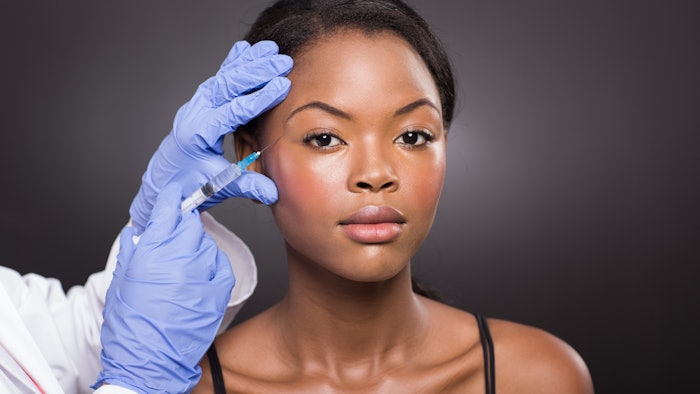Checking Out the Emotional and Social Variables That Drive Individuals to Take Into Consideration Aesthetic Surgical Procedure as a way of Renovation
The decision to pursue cosmetic surgical procedure usually prolongs past plain aesthetics, linking with psychological and social characteristics that warrant comprehensive exam. Elements such as self-confidence, pervasive societal elegance standards, and the prevalent influence of social media merge to shape private inspirations for medical improvement.
The Role of Self-confidence
Self-esteem significantly influences an individual's decision to go after cosmetic surgery. Individuals with low self-confidence often view themselves in an adverse light, leading to feelings of insufficiency concerning their physical appearance.

Inevitably, the role of self-esteem in the decision-making process pertaining to cosmetic surgery highlights the complex interplay between body image, personal complete satisfaction, and mental health and wellness. Comprehending this connection is vital for medical care professionals to guarantee that clients are making informed choices rooted in sensible assumptions and psychological health.
Social Charm Specifications
Influenced by prevalent media portrayals and social narratives, societal beauty standards play an important role in forming individuals' perceptions of their very own bodies. These standards are often identified by an idealized form of appeal that highlights traits such as youthful vigor, slimness, and symmetry. As these ideals are bolstered through numerous channels, consisting of television, movie, and advertising, people often internalize these messages, bring about discontentment with their natural appearance.
The effects of these societal norms expand past visual preferences; they can impact self-confidence, mental health, and social partnerships. People who regard themselves as falling short of these standards might experience feelings of insufficiency, motivating a desire for cosmetic surgery as a way of attaining societal approval. This pursuit is frequently sustained by the idea that satisfying these ideals will enhance not just physical appearance however additionally social standing and individual satisfaction.

Impact of Social Media Site
The impact of social elegance standards is further amplified by the rise of social networks systems, where curated photos and idyllic representations of beauty are common. Customers are regularly subjected to filtered and edited photographs, which usually portray unattainable physical qualities. This exposure cultivates a culture of comparison, leading individuals to assess their very own look versus these frequently impractical standards.
Social media site influencers and celebrities frequently promote cosmetic procedures, normalizing the concept that medical improvements are a practical ways for attaining social ideals (plastic surgery rancho cucamonga). The visibility of these enhancements can produce an understanding that undertaking plastic surgery is a basic technique, therefore influencing people to take into consideration comparable treatments as a pathway to improved self-worth and social approval
In addition, the interactive nature of social media sites permits prompt feedback through likes and comments, better enhancing the wish to adapt prominent charm standards. Such communications can worsen sensations of insufficiency and drive individuals towards cosmetic surgical procedure as a way of gaining recognition. Eventually, social networks plays a pivotal duty fit understandings of beauty, which significantly influences the decision-making processes bordering cosmetic surgical treatment.

Cultural Viewpoints on Look
Across various societies, perceptions of look are deeply rooted in historic, social, and economic contexts, shaping people' views on beauty and worth. In many societies, appearance functions as a considerable marker of identification, influencing social check it out status, professional opportunities, and individual connections. For example, in some societies, light skin is typically related to wealth and advantage, while others might idealize darker complexion as symbols of toughness and authenticity.
In addition, standard beauty criteria are typically bolstered with social stories, media depictions, and household affects, resulting in differing ideals throughout various areas (plastic surgery rancho cucamonga). In Western cultures, the focus on youth and physical conditioning frequently drives individuals toward aesthetic improvement, while in particular Eastern societies, even more subtle modifications aligned with typical appearances may be preferred
Globalization and the expansion of electronic media have actually even more complicated these characteristics, creating a hybridization of charm perfects that goes beyond geographical limits. As individuals progressively browse these social narratives, the pressure to comply with specific appearance requirements can bring about the desire for cosmetic surgery, mirroring an intricate interplay of individual ambitions and social values. Comprehending these cultural point of views is crucial in dealing with the inspirations behind cosmetic surgery considerations.
Mental Influences of Plastic Surgery
Lots of individuals seeking cosmetic surgical treatment report experiencing extensive mental effects that can substantially change their self-perception and emotional well-being - plastic surgery rancho cucamonga. The desire for physical enhancement commonly stems from underlying problems such as low self-esteem, body dysmorphic problem, or social stress concerning beauty standards. For some, the immediate post-operative stage can cause a momentary increase in positive self-image and satisfaction with their look, fostering a feeling of empowerment
However, these favorable sensations might not be withstanding. Research shows that while some people experience enhanced self-esteem, others may encounter intense anxiety or clinical depression if their assumptions are not fulfilled. This inconsistency can emerge from unrealistic ideals bolstered by media representation and social stories bordering beauty.
In addition, the psychological ramifications of cosmetic surgical procedure prolong beyond the person. Relationships with family members and friends may be stressed as social characteristics change, leading to sensations of isolation or alienation. Ultimately, the psychological impacts of cosmetic surgical treatment are diverse and intricate, needing careful factor to consider by both prospective people and healthcare carriers to guarantee enlightened decision-making and reasonable assumptions.
Verdict
Finally, the choice to go after cosmetic surgical treatment is significantly affected by a combination of self-confidence concerns, social charm criteria, and social viewpoints on look. The pervasive reach of social networks better exacerbates these stress, promoting impractical ideals that people frequently make every effort to attain. Comprehending these social and emotional factors is necessary for resolving the motivations behind plastic surgery, highlighting the need for a much more nuanced conversation bordering appeal and self-acceptance in modern culture.
The decision to go after cosmetic surgical treatment usually extends past mere visual appeals, intertwining with psychological and social dynamics anchor that merit detailed examination. Eventually, social media plays a critical function in forming assumptions of beauty, which significantly influences the decision-making processes surrounding cosmetic surgical treatment.
As individuals increasingly browse these cultural narratives, the pressure to adjust to specific look standards can lead to the wish for cosmetic surgical treatment, showing a complex interaction of individual desires and cultural worths.In verdict, the choice to go after cosmetic surgery is substantially affected by a mix of self-esteem concerns, social beauty requirements, and cultural point of click views on look. Comprehending these emotional and social aspects is crucial for dealing with the motivations behind cosmetic surgery, highlighting the requirement for a more nuanced conversation bordering elegance and self-acceptance in contemporary society.